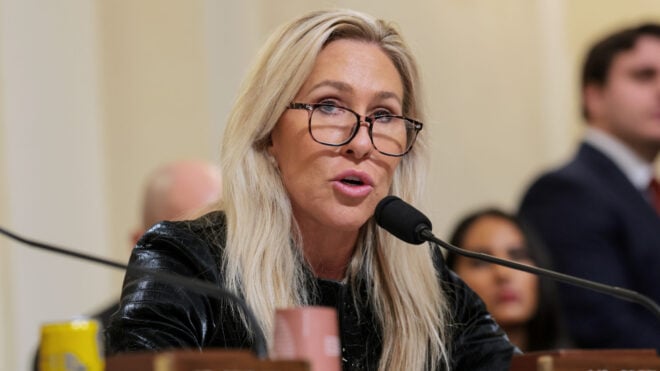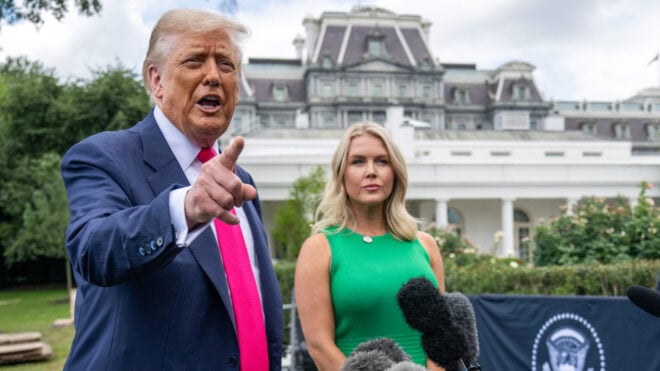
In 2015 Maya Kowalski was diagnosed with complex regional pain syndrome, a rare neurological condition that causes sensitivity to any stimuli and extreme pain. She underwent ketamine treatment supervised by a doctor in Tampa, Florida, who specializes in CRPS. In 2016 her parents, Jack and Beata Kowalski, took her to Johns Hopkins All Children’s Hospital in St. Petersburg, Florida, with extreme stomach pain. The doctors there would go on to accuse them of abuse and separate Maya from them.
The stress of this caused Beata to take her own life. Jack is suing Johns Hopkins All Children’s Hospital for $220 million alleging medical malpractice, false imprisonment, and emotional distress. Maya testified in the legal proceedings and recalled the last time she saw her mother before her death.
Beata was visiting her daughter at the hospital in October 2016. Neither of them knew what was to come. “I remember my mom had to leave at a certain point and it was the last time I talked to her,” an emotional 17-year-old Maya testified. “She said ‘I love you and I’ll see you tomorrow.’ I never saw her again.”
Maya’s doctors reported Beata to social services. They were concerned that Beata had been requesting high doses of ketamine for treatment. A judge ordered Maya to be held at the hospital while her parents were investigated further.
More from LittleThings: Maya Kowalski's Mom Died By Suicide After Accusations Of Hurting Her—Now She Wants Justice
Beata was accused of having Munchausen syndrome by proxy. This is a mental condition in which a caretaker causes or fakes symptoms so their charge appears sick. Maya was placed in state protective custody.
Beata died by suicide on January 7, 2017, 87 days after Maya was taken from her. Maya recalled waking up at around 2 a.m. knowing something was wrong. “I was crying ‘I miss my mom, I love my mom,'” Maya stated. “I had this feeling. I felt it.” This was the exact time her mom died.
Maya testified about the alleged horrible treatment she endured in custody. “I was medically kidnapped,” she stated. Maya was not allowed to speak Polish on the phone with her mother so her conversations could be monitored.
She was not allowed to receive Holy Communion. “They believed my mom was putting ketamine in the wafers and the holy water,” she testified. “They thought my mom was controlling me through religion. They never directly told me what was going on. I was stripped from my family.”
Howard Hunter, one of the hospital’s lawyers, attempted to explain why Maya’s doctors were so concerned. Ketamine is typically used for anesthesia and as a sedative. Beata was requesting off-label use in an extremely high dosage when Maya was already on 21 different medications.
“They had a child being given levels of medication they had never heard of before, that the literature did not support,” he explained. He stated that the hospital “acted out of reasonable caution.” He argued the hospital was right to question Beata’s request.
Maya’s story is told in the Netflix documentary Take Care of Maya. Dr. Sally Smith, a child abuse pediatrician, who was instrumental in separating Maya from her parents has a history of an aggressively approaching suspected child abuse cases. Five days after her mother’s suicide, Maya was released back into her father’s care.




